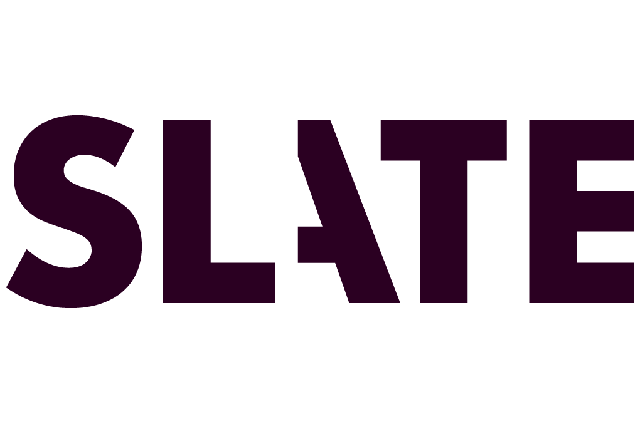-

Hear from Professor Monica Toft
Learn how Professor Monica Toft is shaping the study of global affairs and diplomacy at Fletcher.
Hear from Prof. Toft -

Explore Fletcher academics in action
Fletcher Features offers insights, innovation, stories and expertise by scholars.
Get global insights -
Get application tips right from the source
Learn tips, tricks, and behind-the-scenes insights on applying to Fletcher from our admissions counselors.
Hear from Admissions -

Research that the world is talking about
Stay up to date on the latest research, innovation, and thought leadership from our newsroom.
Stay informed -
Meet Fletcherites and their stories
Get to know our vibrant community through news stories highlighting faculty, students, and alumni.
Meet Fletcherites -

Forge your future after Fletcher
Watch to see how Fletcher prepares global thinkers for success across industries.
See the impact -

Global insights and expertise, on demand.
Need a global affairs expert for a timely and insightful take? Fletcher faculty are available for media inquiries.
Get in Touch
Russia’s Nonsensical, Impossible Quest to Create Its Own Domestic Internet
Josephine Wolff writes about Russia’s efforts to create its own domestic internet system for Slate.

As a general rule, when a country shuts off some or all of its connections to the global internet, it doesn’t need to announce the news. People in that country notice when they can’t access online services, and people outside that country can quickly figure out that something’s going on when they stop receiving traffic from that country or being able to route traffic to servers and service providers in that country. So it was pretty strange when Russia decided to announce last week that it had successfully run tests between June 15 and July 15 to show it could disconnect itself from the internet.
The tests seem to have gone largely unnoticed both in and outside of Russia, indicating that whatever they entailed they did not involve Russia actually disconnecting from the global internet. Indeed, it’s a little difficult to guess at what exactly the tests did involve given the vagueness of a report in the RBC Daily. The Russian newspaper published an article on July 21 reporting that the month of tests had been a success, citing documents from an information security working group that indicated all of the major telecom providers in Russia had participated in the tests. The exercises are supposed to be held annually but were canceled last year due to the pandemic, and whatever went on this year definitely did not include Russia disconnecting from the global internet for any prolonged period of time since that would be impossible to hide. Instead, the tests—and, most of all, the announcement about their success—seem to be intended as some kind of signal that Russia is no longer dependent on the rest of the world for its internet access. But it’s not at all clear what that would even mean since Russia is clearly still dependent on people and companies in other countries for access to the online content and services they create and host—just as we all are.
For the past two years, ever since implementing its “sovereign internet law” in 2019, Russia has been talking about establishing its own domestic internet that does not rely on any infrastructure or resources located outside the country. Presumably, the tests completed this summer are related to that goal of being able to operate a local internet within Russia that does not rely on the global Domain Name System to map websites to specific IP addresses. This is not actually a particularly ambitious goal—any country could operate its own domestic internet with its own local addressing system if it wanted to do so instead of connecting to the larger global internet (the one I would call the “Internet” if I were still permitted by style guides to use a capital “I” in that word—and, this is exactly why Internet is grammatically important: to distinguish between smaller, local internetworks, or internets, like Russia’s and the global, public Internet you are using to read this article).
The confusing thing about Russia’s plans is it seems to want to be able to use its isolated Russian internet to access the global internet. So, by design, the tests of Russia’s sovereign internet did not cause any interruption to its connection to the global internet—but it’s completely unclear what they actually did. One source apparently told the Russian newspaper RBC Daily that “the capability of physically disconnecting the Russian part of the internet was tested.” But there’s simply no way that Russia could have physically disconnected its infrastructure from the rest of the world for any extended period of time without anyone noticing.

